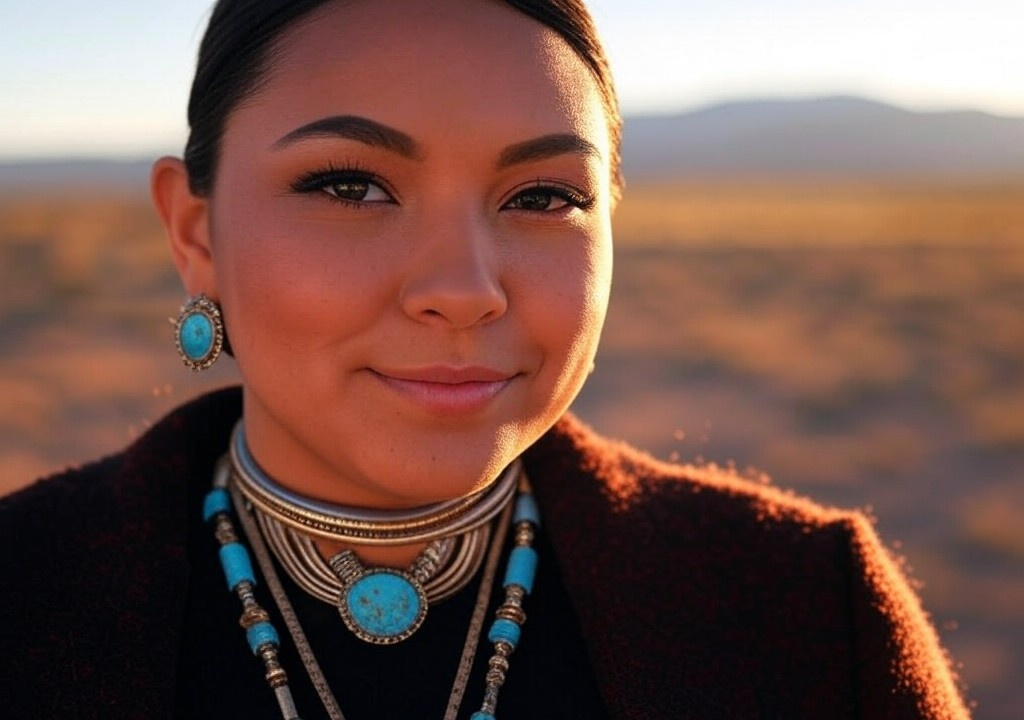What’s in a name? According to Shakespeare’s Juliet, not much—after all, “that which we call a rose by any other name would smell as sweet.” But for the rest of us, our names carry weight. They’re our first introductions to the world, often steeped in family history, culture, tradition, or, let’s be honest, some quirky whim of our parents. They can shape how we see ourselves and how others see us.
For me, my name has always felt like a gift and a responsibility. It’s part legacy, part lucky charm, and part compass. Growing up on the Navajo Nation, every syllable of “Tiana Whitewolf” was a story waiting to be told. And when I eventually ventured far from home, my name became one of the few anchors connecting me to my roots in a sea of New England snow and maple syrup culture shock. Names, as it turns out, can be as grounding as they are revealing. Let’s explore exactly how.
Why Your Name Matters to Your Identity
Your name is often the first thread in the tapestry of your identity. It’s called out during attendance, murmured lovingly by family, and yes, occasionally botched by the barista at your favorite coffee shop (if you’ve never been “Tanya Whitewolf” when ordering a latte, I envy you).
For Indigenous people like me, names hold even more weight. My surname, Whitewolf, connects me to my clan, my family, and to generations of storytellers who fought to keep their identity alive against the tide of colonization. It’s a reminder that who I am today—caffeine addiction and all—rests on the survival and resilience of those before me.
For others, names can reveal the humor and quirks of a family’s demographic snapshot. Maybe your parents named you after their favorite soap opera character or the 1980s one-hit wonder blasting on the hospital radio. Either way, your name becomes a witness to your unfolding life—a co-star in all the messiness and beauty that follows.
But what happens when your name feels like it doesn’t fit you? That’s the fun part: names, like people, are not set in stone. Whether you’re reclaiming a traditional name, experimenting with nicknames, or laughing at your third-grade decision to go by “Captain Cool,” each twist is proof of identity in motion.
Your Name in Love and Relationships
Now let’s get to the spicy part—the role of your name in dating and relationships. Believe it or not, your name can be an accidental litmus test when meeting someone new. In my experience, you can learn a lot about a person by how they respond to your name.
Let’s rewind to my college years in Vermont. Small talk here often involved explaining “Tiana Whitewolf.” Some people reacted with curiosity and respect; others, not so much. One guy legit joked, “Oh, so like Twilight wolves?” Not even Team Jacob can save you from that cringe.
These interactions taught me something profound about compatibility. If someone stumbles over your name in dismissive or disrespectful ways—or worse, tries to reduce it to a punchline—it might be the red flag you didn’t even realize you needed. Conversely, when someone leans in to learn more, they’re signaling a willingness to understand and honor what matters to you. Spoiler alert: that’s a foundation for any good connection, romantic or platonic.
Lighthearted Name Encounters
Of course, not all name-related moments are deep and philosophical. Some are downright funny. Exhibit A: the Starbucks phenomenon. I once watched in amused disbelief as a barista spelled my name “Teena Whiteloaf” on a to-go cup. (Loaf energy, anyone?) My friends and I still joke that the loaf phase could be my bread-baking alter ego in a parallel universe.
Then there’s the “hard-to-pronounce” moment on dates. Sometimes, people simply don’t get it right—despite my patient syllable-by-syllable breakdown. One dinner companion called me “Tianna Werewolf” for an entire evening. (Points for effort, I guess.) While it wasn’t quite the love story of a lifetime, it did teach me that a dash of humor goes a long way.
Own Your Name, Own Your Power
So, what’s the takeaway here? Your name, whether loved, loathed, or evolving, is ultimately yours. It’s both a mirror reflecting your roots and a tool to rewrite your future. If you’ve ever struggled with how it fits into your identity, here’s a little roadmap:
-
Learn Your Name’s Story
Names often carry histories you might not know. Ask your family—or dig into your cultural heritage—to uncover the meaning or story behind yours. You may discover connections you never expected. -
Reclaim It If You Need To
If your name has been misspelled, mispronounced, or misunderstood, take the reins. The way we say and spell our names holds power. Have patience with others, but don’t be afraid to kindly correct them when it matters to you. -
Let It Evolve If It Feels Right
Just like you’re allowed to outgrow a favorite hoodie, you can outgrow an old nickname or even your given name. Whether you’re transitioning to a new identity or dusting off a childhood nickname, you have full permission to embrace what resonates most. -
Use Your Name as a Litmus Test
In relationships, your name’s treatment can be surprisingly revealing. Pay attention to how potential partners approach it because their behavior may say more than their Bumble bio ever could.
In Conclusion: You Are, and Always Will Be, More Than Just a Name
Names are funny little things. On one hand, they’re symbols—a few syllables bestowed on you before you could even sit upright. On the other, they’re monuments, carrying echoes of our past while sculpting our present.
Whether your name is a cultural cornerstone or something your parents pulled out of thin air, it’s here to remind you of where you started—and how far you’ve come. So wear it proudly, laugh at the mispronunciations, and keep growing into it. And if you ever doubt yourself, remember this: no matter what anyone calls you, the story you write around that name is entirely your own.




















